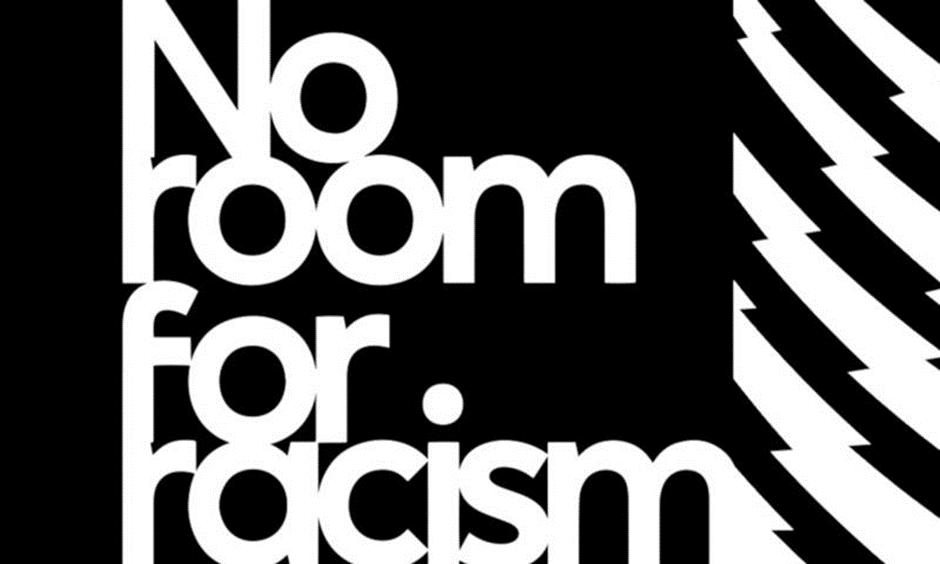
2 minute read
A Post Covid Democracy
POLITICS A Post-Covid Democracy
Last year will forever be the year of coronavirus, a cataclysmic event that has had devastating public health and economic consequences across the globe. Will it also be a year that changed the face of democracy?
Advertisement
For those who have grown up in democratic systems, it’s hard to imagine they might be vulnerable. But the rise of homegrown populist and nationalist movements, as well as external interference from authoritarian actors, were already putting democracy under stress. The pandemic, however, has created a new kind of stress. Democratic decision making, the safety of elections and the reliability of science and information, are all being brought into question, threatening our current system of governance.
According to American political scientist Larry Diamond, democracy consists of four key elements: a political system for choosing and replacing the government through free and fair elections; the active participation of the people, as citizens, in politics and civic life; protection of the human rights of all citizens; and the rule of law, a system in which laws and procedures apply equally to all citizens.
For one thing, the pandemic has amplified governmental power. With rampant infections, an overwhelmed health care system and a deepening economic recession, political leaders have resorted to previously unthinkable policies. In Hungary and Turkey, governments (already inclined toward authoritarianism) used the pandemic to consolidate power even further. But even in more mature democracies, personal liberties -- such as freedom of movement, freedom of enterprise, and freedom of assembly -- have been severely restricted in ways that make many uncomfortable. Lockdowns, the policing of private activities and the use of digital surveillance tools in certain countries for contact-tracing, may be seen as eroding some of the basic tenets of democracy. Having set a precedent for curtailing liberties, one might argue the bar has been lowered for doing so in the future.
Voting is vital to democracy. However, COVID-19 has made maintaining the integrity of free and fair elections especially challenging. While Europe and the world were in their first lockdown, elections were modified, postponed and cancelled in light of the health risk. Campaigns and conventions were forced to go virtual, limiting traditional canvassing efforts and in-person rallies. And as campaigning, and politics generally, becomes more social media-based, susceptibility to the siren calls of populists or nationalists increase, making civil discourse harder.
The U.K. government’s scientific advisory group underlined from the start of the pandemic the importance of maintaining public trust; without which, democracies can’t survive. However, a series of mishaps and policy errors undermined faith in government. This coincided with a rise in misinformation and fake news on social media, which preys on confusion and mistrust. Moving forward, the big question will be how to cope with and ensure resilience against these disinformation operations.
Despite all of these challenges, we can say that by and large, democracy has resisted the Covid-19 stress test. We’ve seen this in a number of countries, most recently with the ultimately peaceful transition of power in the U.S. German federalism allowed for effective state specific responses to the pandemic; France and Italy’s opposition parties played a key role in critically addressing government policy choices; and the U.K. was able to ensure democratic continuity even after Prime Minister Boris Johnson was diagnosed with Covid-19. However, the challenges posed by lockdown restrictions, the move in some countries to digitalise voting and the constant spread of misinformation, suggests that the resilience of democratic regimes cannot be taken for granted.









